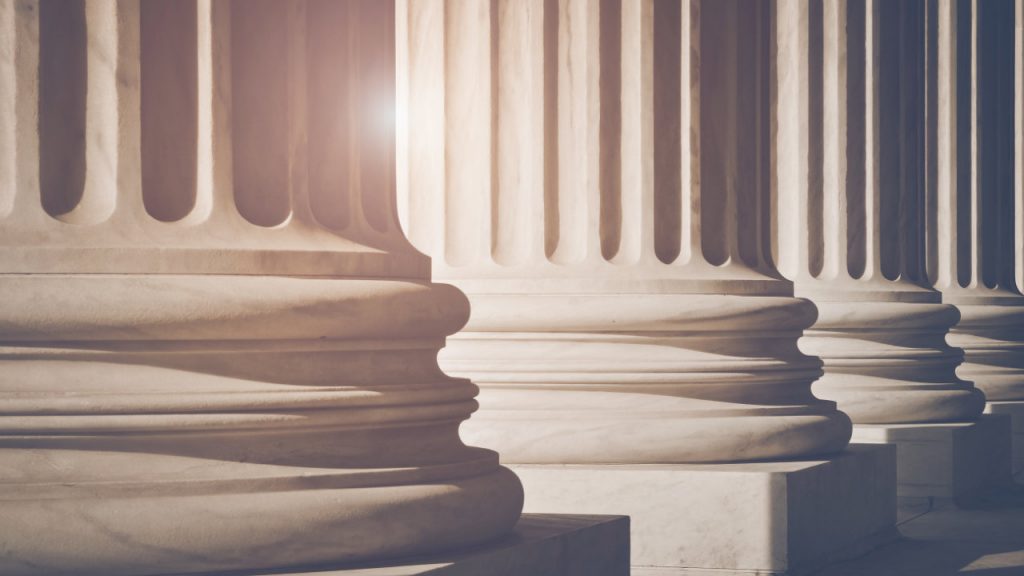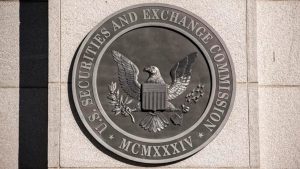Coinbase Publishes Proposal for Crypto Regulation Pushing 4 Core Recommendations – Regulation Bitcoin News

Cryptocurrency exchange Coinbase has published its proposal for crypto regulation after “more than 75 meetings with stakeholders in government, industry, and academia,” CEO Brian Armstrong revealed. In its Digital Asset Policy Proposal, the company recommends “four core pillars to inform future U.S. regulation.”
Coinbase’s Proposal for Crypto Regulation
The Nasdaq-listed cryptocurrency exchange Coinbase published its Digital Asset Policy Proposal (DAPP) Thursday.
Coinbase CEO Brian Armstrong tweeted: “Today we’re launching our Digital Asset Policy Proposal (DAPP) which we hope will help chart a course for clear regulation of cryptocurrency and web 3.0 in the U.S. It’s critical to bring clarity to this space and ensure America remains a financial leader.” He further shared:
This is not about Coinbase — we completed more than 75 meetings with stakeholders in government, industry, and academia to help shape this proposal, and we feel it represents a consensus point of view. It’s inclusive and democratic by design.
Coinbase recently experienced firsthand the lack of regulatory clarity when it tried to launch a lending program. The company met with the U.S. Securities and Exchange Commission (SEC) to discuss the product. However, the SEC said it was a security and threatened to sue the company if it went ahead with the program. Coinbase subsequently abandoned its plan to launch the Lend product and unveiled its plan to create a proposal for crypto regulation.
The company’s chief policy officer, Faryar Shirzad, explained Thursday that the goal of Coinbase’s proposal is to “engage in the public conversation about the future of our financial system.” The company believes that the conversation should focus on “The blockchain-driven and decentralized evolution of the internet” and “The emergence of a distinctive asset class that is digitally native and empowers unique economic use cases.”
Shirzad continued:
We recommend four core pillars to inform future U.S. regulation.
Firstly, “We need a new and digitally-native framework for how we regulate digital assets – one that doesn’t encumber innovation, inclusion, and financial empowerment for all sectors of society,” he stated.
Secondly, Coinbase’s chief policy officer detailed:
End-to-end crypto services must sit within a single regulator. Its authority would include a new registration process established for marketplaces for digital assets (MDAs).
In addition, Coinbase suggested instilling consumer confidence “by providing robust customer protection.” Shirzad noted, “This can be achieved through enhanced transparency processes, including tailored disclosures to inform purchasers of digital assets.”
The fourth point is to “promote interoperability and fair competition.” Coinbase believes that “To realize the full potential of digital assets, MDAs must be interoperable with products & services across the cryptoeconomy.” Shirzad added that “This can empower and protect a thriving consumer and developer ecosystem.”
Coinbase said that anyone wanting to comment on its crypto regulatory proposal can do so on Github.
What do you think about Coinbase’s crypto regulatory proposal? Let us know in the comments section below.
Image Credits: Shutterstock, Pixabay, Wiki Commons
Disclaimer: This article is for informational purposes only. It is not a direct offer or solicitation of an offer to buy or sell, or a recommendation or endorsement of any products, services, or companies. Bitcoin.com does not provide investment, tax, legal, or accounting advice. Neither the company nor the author is responsible, directly or indirectly, for any damage or loss caused or alleged to be caused by or in connection with the use of or reliance on any content, goods or services mentioned in this article.














